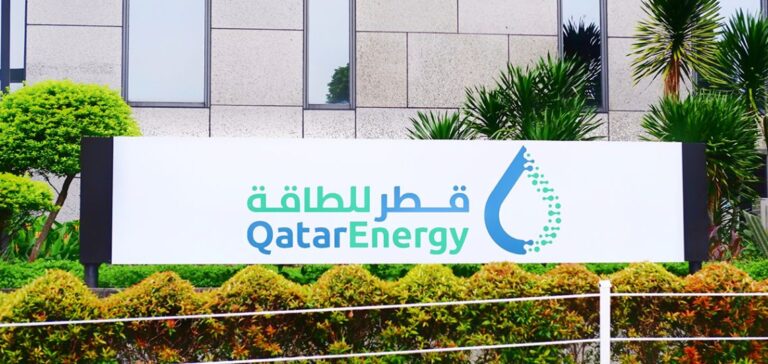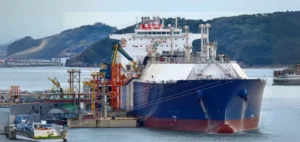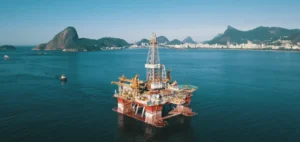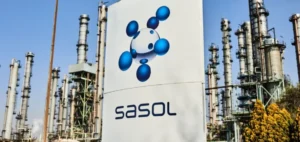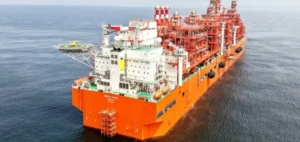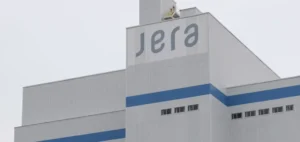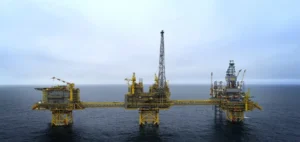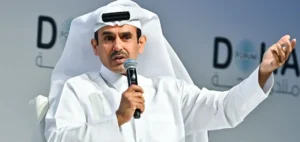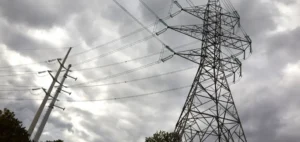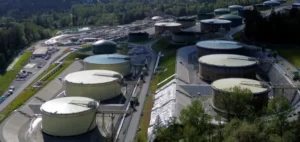Minister of State for Energy Affairs and President and Chief Executive Officer of QatarEnergy, Saad Sherida Al-Kaabi, confirmed that liquefied natural gas (LNG) production in the United States will commence by the end of the year, while the North Field East expansion in Qatar will start in mid-2026. The statements were made during the Qatar Economic Forum 2025, held in Doha, where global energy supply outlooks were widely discussed.
International expansion strategy led from Doha
Al-Kaabi highlighted the scale of the company’s gas investments, stressing the importance of maintaining an oil price between $70 and $80 to sustain current production levels. “Without additional investment, it will be damaging and cause shortages,” he said during a discussion with Ryan Lance, Chairman and CEO of ConocoPhillips. The Qatari minister also pointed to global population growth, estimating that electricity access remains a major challenge for one billion people.
QatarEnergy currently holds exploration rights in numerous blocks worldwide and is actively participating in new projects. Al-Kaabi emphasised that this is a long-term strategic priority aimed at strengthening global energy security. He also noted that the company is not concerned about a potential oversupply in the global LNG market.
Focus on logistics and commercial scale-up
The company plans to produce up to 160mn tonnes of LNG annually, including its US operations. QatarEnergy Trading, recently established, is already trading approximately 10mn tonnes through physical contracts. The company’s fleet currently includes 70 LNG carriers, with an additional 128 vessels on order in the coming years to support the growth of its trading activities.
Al-Kaabi also discussed growing commercial ties with China and India, Qatar’s main LNG clients. According to him, discussions are underway with both countries to increase supply volumes. He reiterated that China is Qatar’s largest LNG buyer, describing the relationship as strategic.
Strengthened partnerships with the United States
Al-Kaabi highlighted Qatar-US energy partnerships, including the Golden Pass LNG export project and the petrochemical joint venture at the Golden Triangle, which will house the world’s largest ethane cracker. Regarding the agreements signed during US President Donald Trump’s recent visit to Qatar, he said that investment decisions, particularly in aviation, were made purely on commercial grounds.
“We signed several deals. As chairman of Qatar Airways, we launched a tender to expand our fleet. Boeing gave us the most competitive offer, more advantageous than Airbus,” he stated.


